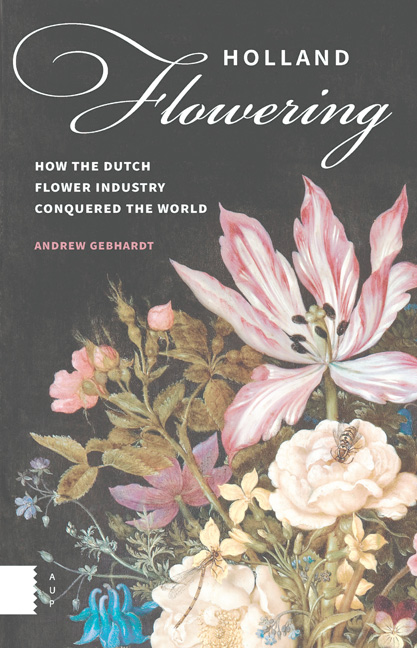Summary
The bud
stands for all things,
even for those things that don't flower
Galway KinnellAs different as the world would be, it could run without contemporary financial institutions, people could thrive without nation states, and our current political and economic systems could be jettisoned or radically reimagined. But without the botanical and biological contributions of flowers, entire ecosystems would collapse and most non sea life would quickly perish. Also, the history of civilization shows that our cultivation of plants (as opposed to hunting and gathering) marked a profound switch, affecting every area of human development and social organization, from gender and sexuality to health, religion, eating habits, and more. Due to the rise of agriculture, in a short time span humans went from small, scattered, nomadic groups to settlements of larger and larger communities where land, tools, and property became significant. Today's commercial horticulture does not involve such dramatic transformations, but flowering plants remain central to contemporary society, especially our food system. Industrial agriculture and horticulture share many characteristics, use the same infrastructure, and in the Netherlands, the two often overlap in policy and social networks. All of these considerations suggest the relevance and background in which to understand our relationship to horticulture.
Today, reliance on fossil fuels spans the chain of flower production, from breeding, irrigation, and planting, through watering and spraying, to harvesting, processing, packaging, refrigerating, and distributing. Almost every aspect requires oil and gas, including the roads, vehicles, ships, and planes criss-crossing the globe with goods, as well as the construction and repair of equipment, including tractors, greenhouses (both heating and cold storage), and processing facilities. And most pesticides are petroleum-based, while commercial fertilizers are ammonia-based, ammonia being produced from natural gas. In the twentieth century, governments and private industry have entrenched this oil and gas intensive system. As Michael Pollan has pointed out, after the Second World War, the U.S. government converted much of the munitions industry into agricultural fertilizers – since ammonium nitrate is the main ingredient of both bombs and chemical fertilizer – and shifted nerve-gas research toward inventing new pesticides. It was a rather sadistic twist on the spirit of the expression ‘swords into plowshares,’ since this destructive mode of agricultural production may ultimately prove even more insidious and harmful than war.
- Type
- Chapter
- Information
- Holland FloweringHow the Dutch Flower Industry Conquered the World, pp. 9 - 44Publisher: Amsterdam University PressPrint publication year: 2014



